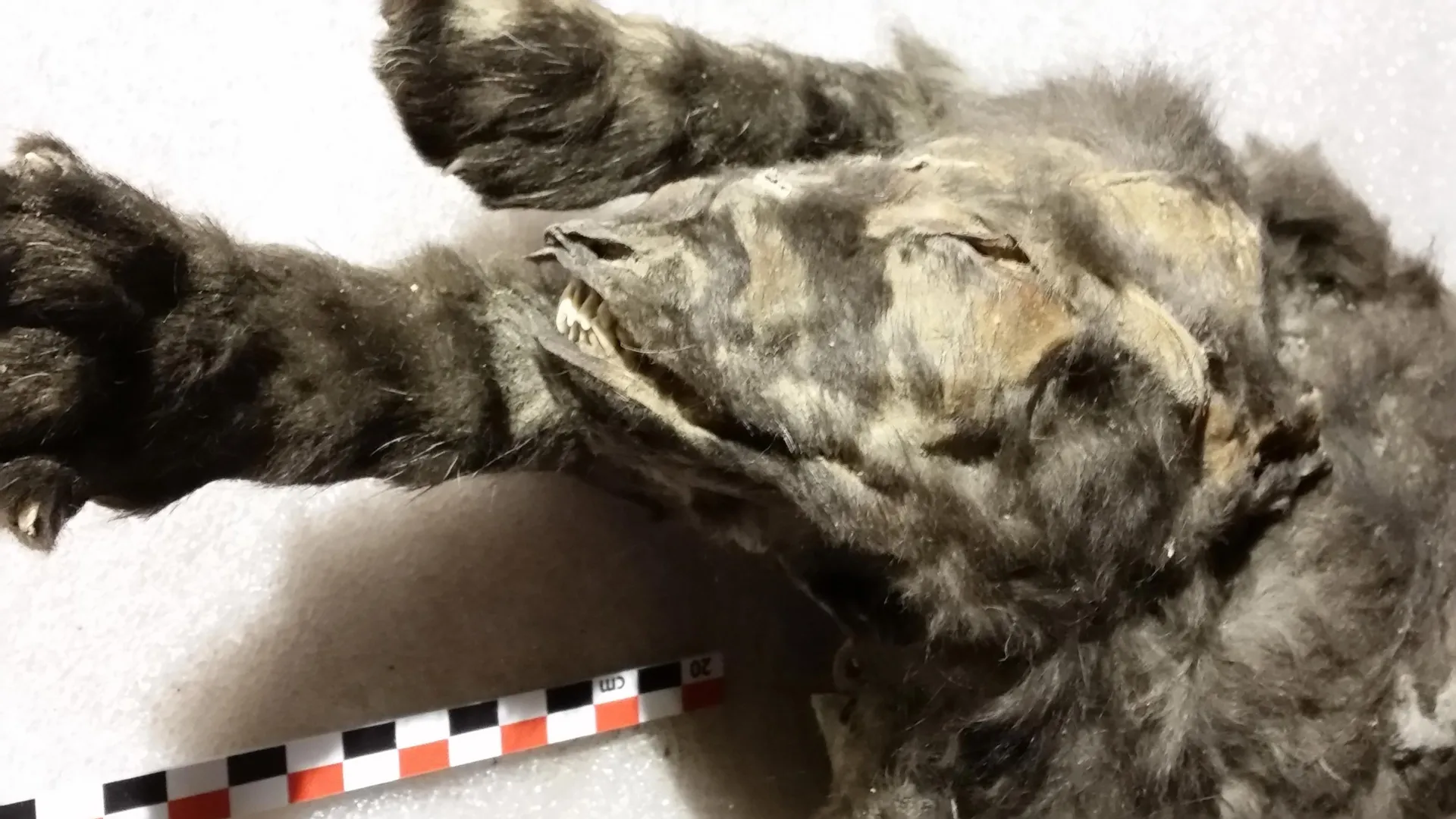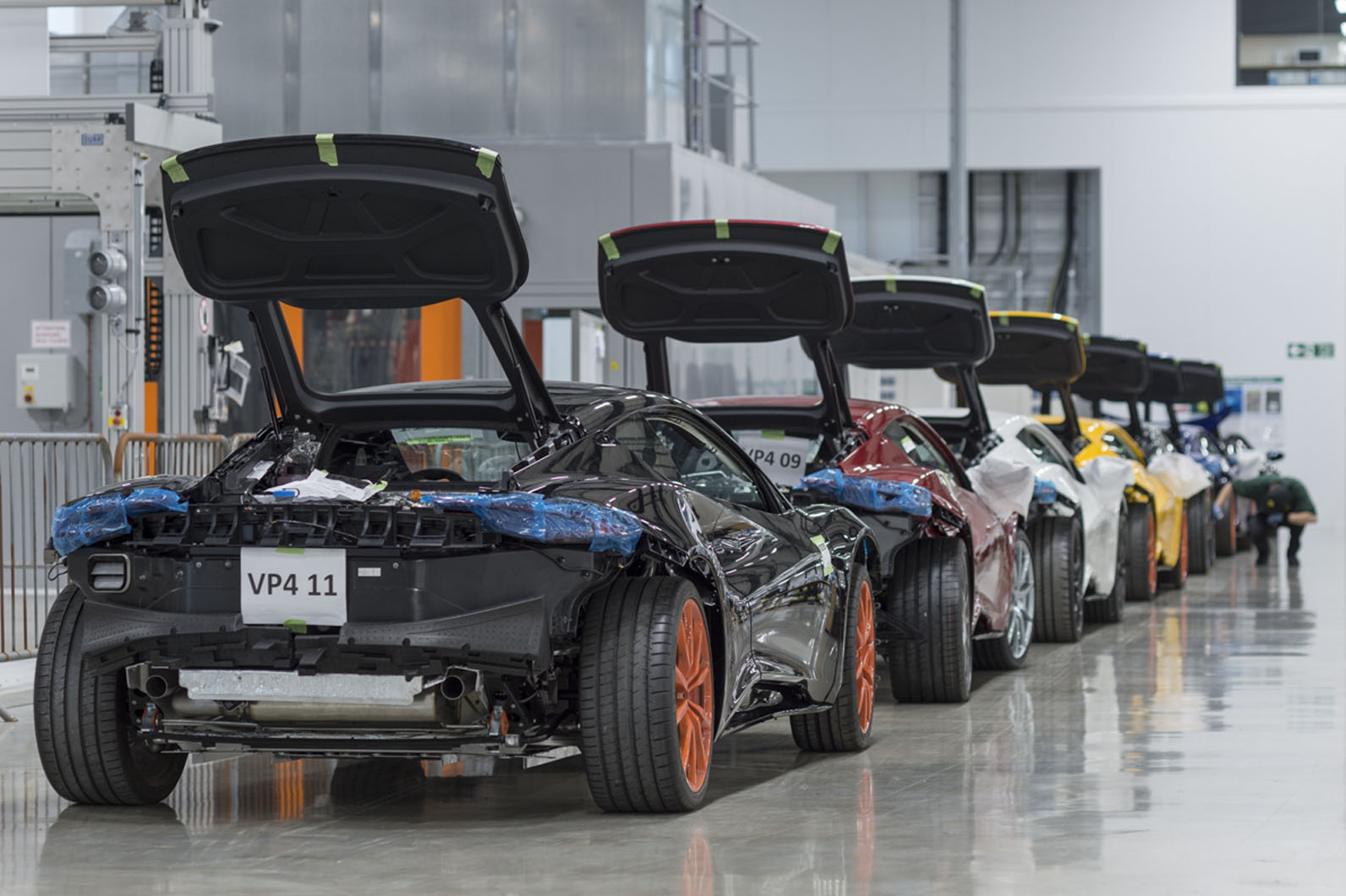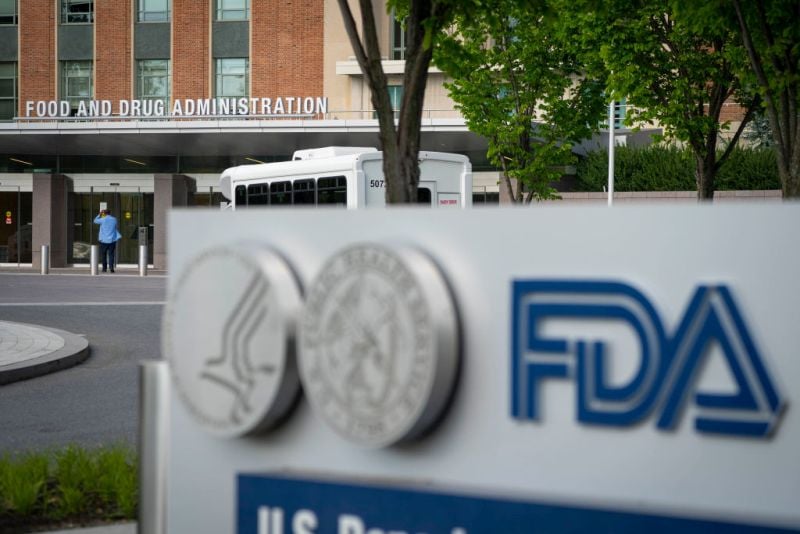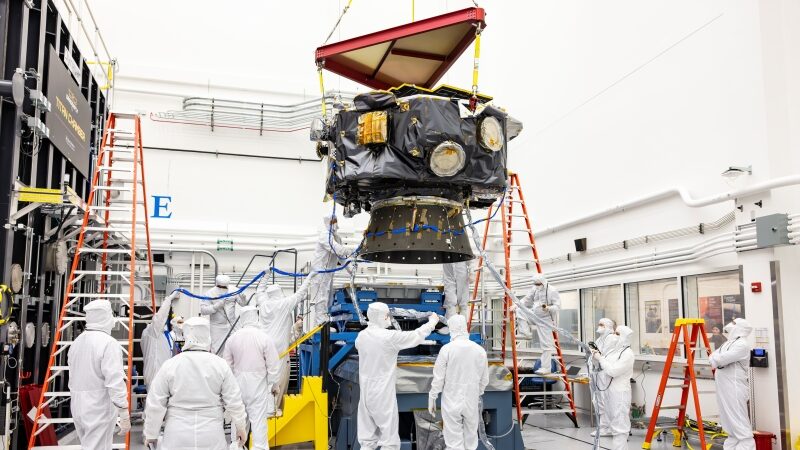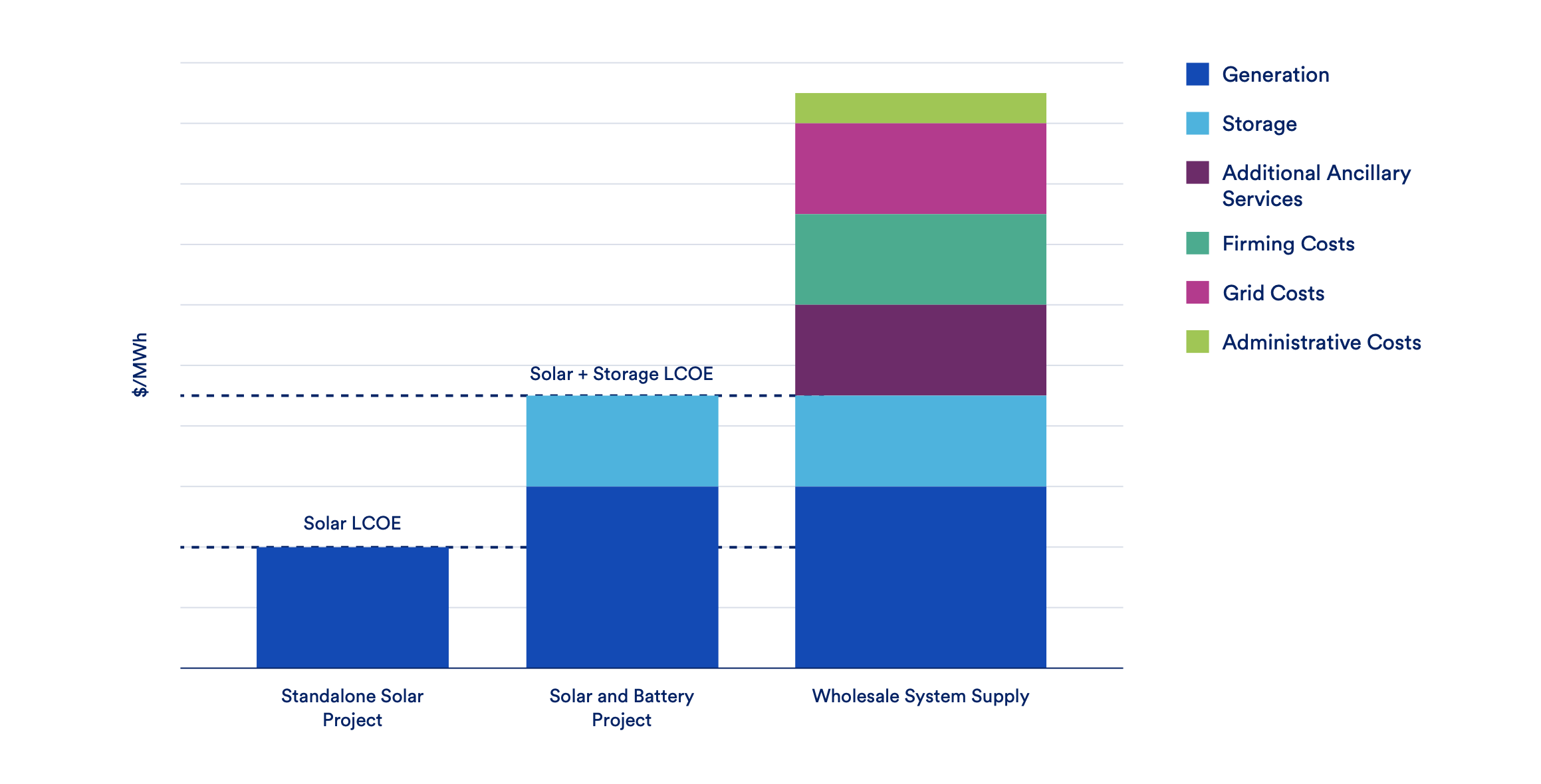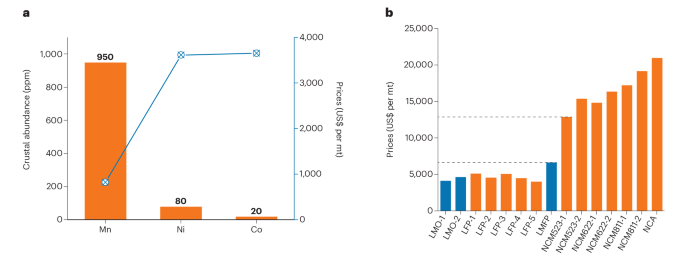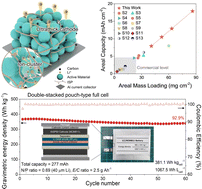02/05/25 Gene-edited pigs, pea genome, agricultural transition
Gene-editing technology which makes pigs immune to a highly infectious virus, developed at Edinburgh University’s Roslin Institute, has been approved for use by the US Food and Drug Administration. The virus causes a disease called PRRS or Porcine Reproductive and Respiratory Syndrome, which causes premature births in pigs as well as other painful symptoms and costs the pig industry billions. Current legislation doesn't permit its use in the UK. We speak to one of the scientists who's been working on the project for more than seven years.All week we’ve been taking a closer look at pulses, the dried seeds of crops like beans, lentils and peas, for both human and animal food. In the UK the peas we eat are generally frozen or fresh but dried peas are a major source of protein to millions of people around the world. Scientists at the John Innes Centre in Norwich have been working with researchers in China, the USA and France to uncover the genome of 700 different varieties of pea, from many different countries, to help develop better commercial varieties.The sudden suspension of England's biggest environmental scheme, the Sustainable Farming Incentive, earlier this year was met with horror and disbelief by farmers and environmentalists alike - we preview a special documentary which charts the transition of agricultural policy from the old EU farm subsidy system and the Common Agricultural Policy to the new 'public money for public goods' approach that we have in England today. Presenter = Caz Graham Producer = Rebecca Rooney
Gene-editing technology which makes pigs immune to a highly infectious virus, developed at Edinburgh University’s Roslin Institute, has been approved for use by the US Food and Drug Administration. The virus causes a disease called PRRS or Porcine Reproductive and Respiratory Syndrome, which causes premature births in pigs as well as other painful symptoms and costs the pig industry billions. Current legislation doesn't permit its use in the UK. We speak to one of the scientists who's been working on the project for more than seven years.
All week we’ve been taking a closer look at pulses, the dried seeds of crops like beans, lentils and peas, for both human and animal food. In the UK the peas we eat are generally frozen or fresh but dried peas are a major source of protein to millions of people around the world. Scientists at the John Innes Centre in Norwich have been working with researchers in China, the USA and France to uncover the genome of 700 different varieties of pea, from many different countries, to help develop better commercial varieties.
The sudden suspension of England's biggest environmental scheme, the Sustainable Farming Incentive, earlier this year was met with horror and disbelief by farmers and environmentalists alike - we preview a special documentary which charts the transition of agricultural policy from the old EU farm subsidy system and the Common Agricultural Policy to the new 'public money for public goods' approach that we have in England today.
Presenter = Caz Graham Producer = Rebecca Rooney
